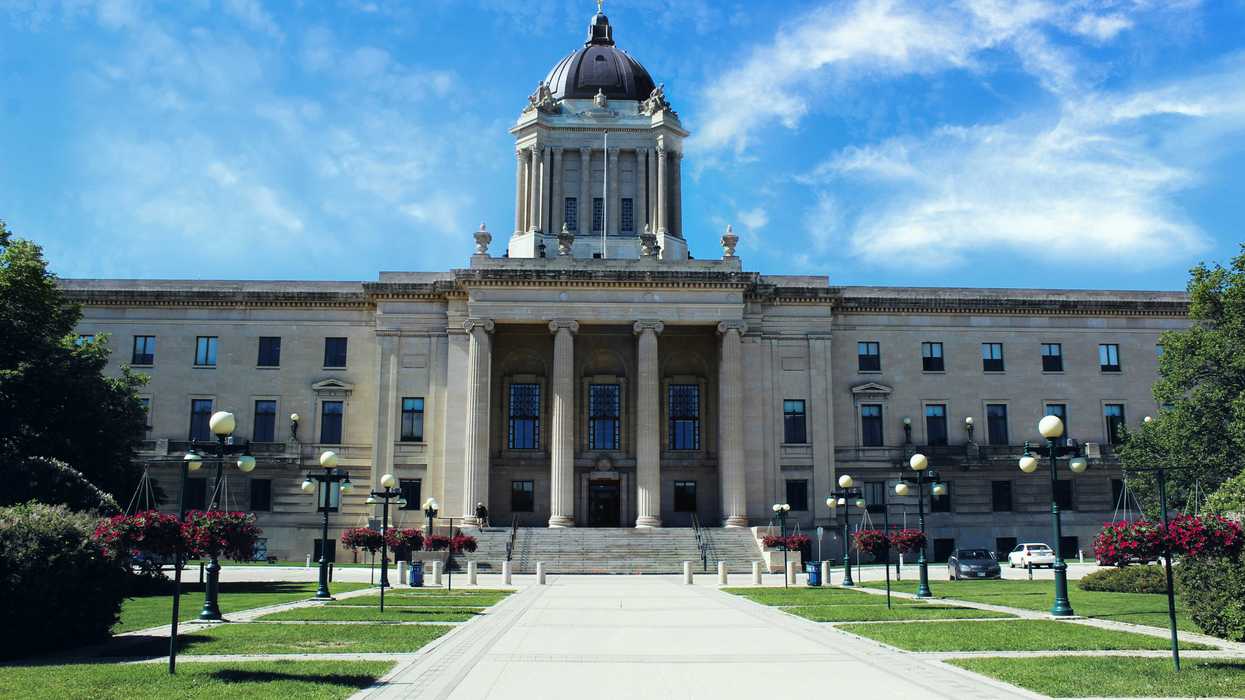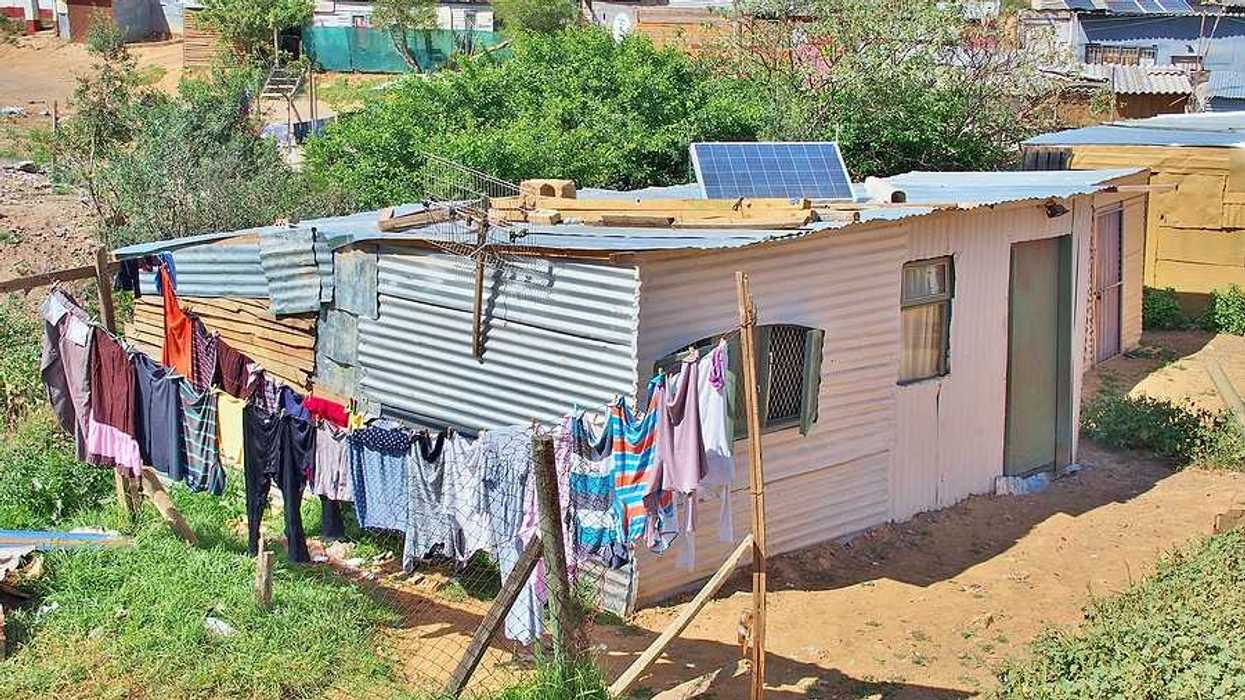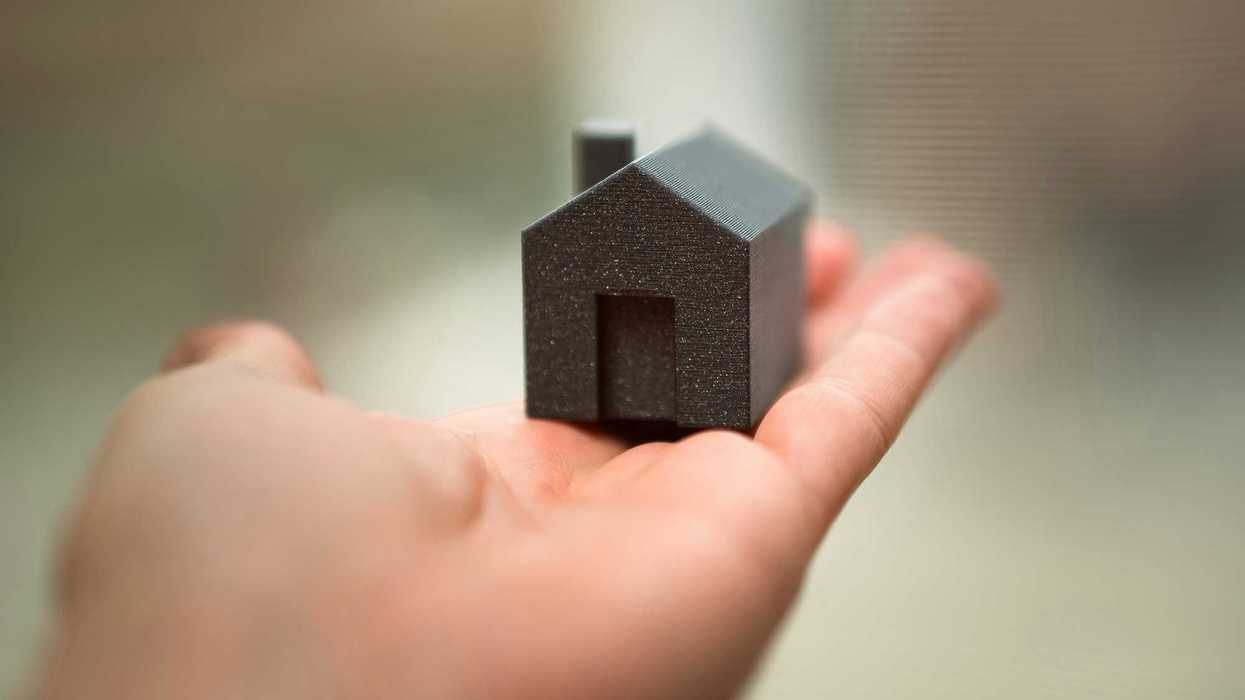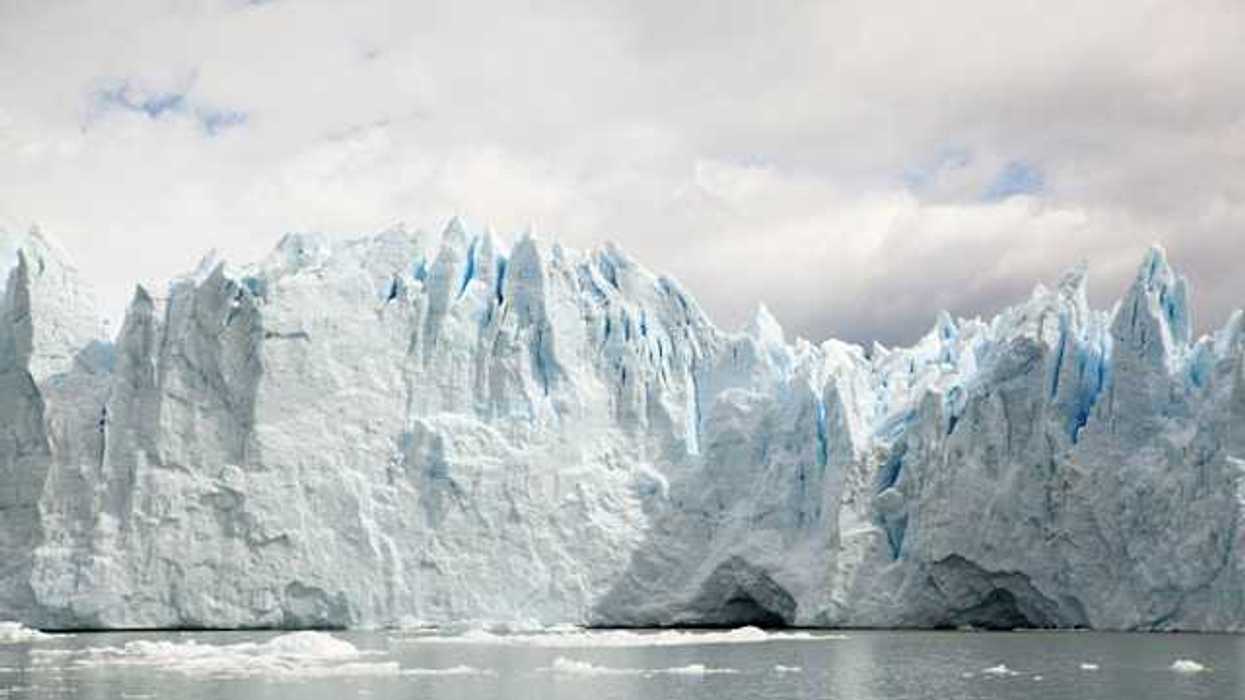In a recent move reflecting his personal connection to the dangers of toxic chemicals, President Joe Biden has ramped up efforts to combat environmental and health hazards.
Chris D'Angelo reports for The Huffington Post.
In short:
- The administration has initiated measures to limit hazardous waste and chemical exposures, including restrictions on open burning of waste explosives and the evaluation of cancer-causing chemicals.
- Despite these efforts, the handling of the East Palestine, Ohio, train derailment, involving the burning of vinyl chloride, has drawn criticism for its potential health and environmental impacts.
- The EPA's proposed rule to limit the open burning of waste explosives aims to protect communities but does not directly address the concerns raised by the East Palestine incident.
Key quote:
“Toxic smoke, thick with poison, spreading through the air and into the lungs of our troops. When they came home, many of the fittest and best warriors that we sent to war were not the same — headaches, numbness, dizziness, cancer. My son Beau was one of them.”
— President Joe Biden
Why this matters:
Hazardous waste and toxic chemicals can wreak havoc on public health and ecosystems. Chemicals that seep into soil and waterways can disrupt habitats, harm wildlife, and contaminate food chains. This not only affects biodiversity but can also compromise the resources people rely on, like clean drinking water and productive agricultural land.














